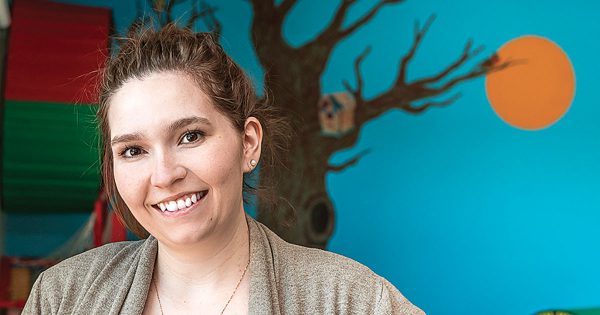In the field, those who will have to apply these new rules have mixed feelings. On the one hand, they welcome any initiative that aims to improve the quality of services for the good of the little ones. On the other hand, they wonder if the budgets and the time necessary to compensate these additional tasks will be there.
“We don’t want to cut corners!” exclaims Jessica Lanouette1, who has been an educator for almost 10 years. In the CPE2 where she works, there already is a diary in which some observations about the child are recorded, for example their moods or appetite. However, more advanced data in connection with different areas of early childhood development are provided only if the child shows some delays.
“Some children can slip under the radar,” explains Jessica Lanouette. “With the multiplication of little ones with special needs in our environments, keeping a file might help to better observe the development of each one.”

CHANGING HOW THINGS ARE DONE
To comply with the educational child care program Accueillir la petite enfance, applied in every public educational service in Québec, every HCP3 and every CPE develop their approach using different educational tools. Even though they are similar, Jessica Lanouette believes the Ministry would benefit from standardizing those tools, and from offering time and adequate training to those using them.
“We will definitely have to change how we do things,” she adds. “Within three years, we tested several of these tools at my CPE.” If every service uses their own version of the work tool, the transition between early childhood and school may be less efficient. “Training would be so much simpler, in early childhood as well as in school environments, if we all used the same document. That way, the teachers taking note of the child’s file, created in the child care setting, would have a proper interpretation of our observations, which would facilitate the follow-up of each student,” she specifies.
MORE UNDERSTANDING PARENTS?
Jessica Lanouette believes keeping a file will help parents better accept some observations made about their child. “Since we are currently keeping a file only for little ones with developmental delays at our CPE, some parents have difficulty agreeing to work with a grid the other children don’t have. With the procedure being the same for everyone, I think it will be easier to bring the parent along, so that they back us up in our interventions.”
1 Jessica Lanouette is a member of the Syndicat des intervenantes en petite enfance de Montréal (SIPEM-CSQ).
2 Centre de la petite enfance.
3 Home childcare provider.
